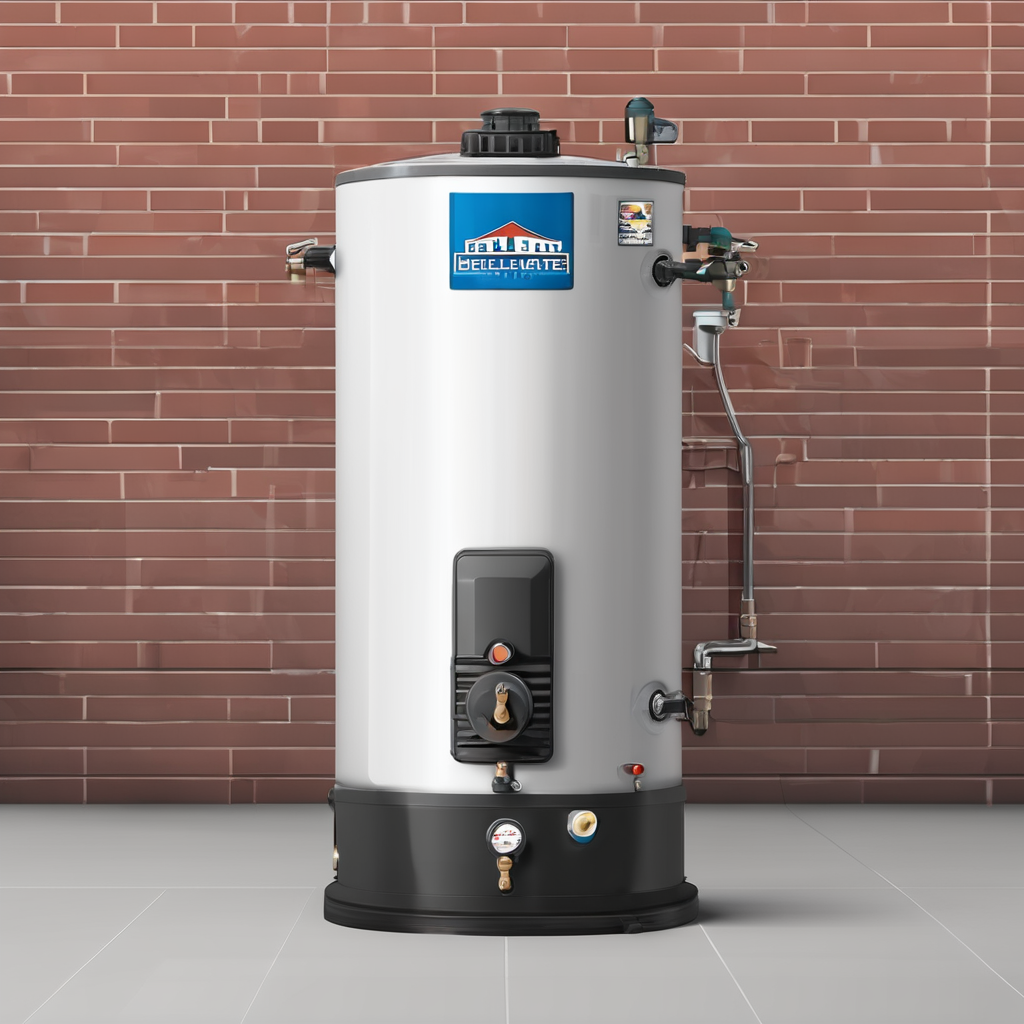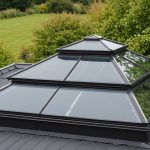Overview of Sustainable Heating Solutions for Indoor Pools in the UK
Sustainable pool heating in the UK has become increasingly crucial as homeowners and facility managers seek to reduce energy expenses and lessen environmental impact. Eco-friendly indoor pool heating not only cuts down on carbon footprints but also supports compliance with growing regulatory demands aiming to encourage greener technologies.
The key benefits of sustainable pool heating include significant energy savings, which directly reduce operating costs. This is particularly important in the UK, where heating an indoor pool year-round can consume substantial energy. Additionally, eco-friendly heating systems contribute positively to environmental conservation by lowering greenhouse gas emissions. Regulatory compliance is another vital advantage, as UK policies increasingly favor renewable and low-carbon heating solutions.
Have you seen this : Exploring how pool size influences maintenance expenses across the uk
Common energy-efficient pool heating technologies used across the UK include heat pumps, solar pool heating, and biomass boilers. Heat pumps, which extract ambient heat from the air or ground, offer high efficiency even in cooler climates. Solar pool heating captures renewable solar energy, making it an excellent eco-friendly option though its effectiveness depends on sunlight availability. Biomass pool boilers utilize organic fuels such as wood pellets to provide sustainable heat, combining renewable energy use with reduced fossil fuel reliance.
By integrating these technologies, UK indoor pools can achieve a balance of sustainability, efficiency, and cost-effectiveness, making them an attractive option for those prioritizing green living and operational savings.
Topic to read : Revitalize your uk pool into a tropical haven: key tips for crafting your personal paradise
Detailed Comparison of Eco-Friendly Heating Technologies
Exploring the main sustainable pool heating UK options reveals three leading technologies: heat pumps, solar pool heating, and biomass pool boilers. Each offers unique benefits suited to different preferences, budgets, and site conditions.
Heat Pumps: Efficiency and Suitability
Heat pumps for pools UK operate by extracting ambient heat from air or ground to warm pool water efficiently. This technology remains highly effective even in the UK’s cooler climate, delivering a consistent temperature while consuming much less electricity compared to traditional heaters. Heat pumps typically provide a coefficient of performance (COP) of 3 to 5, meaning they produce 3 to 5 times more heat energy than the electrical energy they consume. Because of this, they rank as one of the most energy-efficient pool heating solutions and are appropriate for both new pools and retrofits. Installation requires some space for the unit and occasional maintenance to ensure optimal performance.
Solar Panels: Installation and Performance in UK Climate
Solar pool heating UK systems use solar panels to capture renewable energy directly from sunlight and transfer that heat to pool water. While solar heating is highly eco-friendly and virtually free to operate, effectiveness depends heavily on available sunlight, which can be variable across the UK. Installation involves mounting solar collectors on roofs or nearby areas with good sun exposure. Although less predictable during cloudy or winter months, solar heating systems can significantly reduce reliance on fossil fuels and electricity when combined with other technologies like heat pumps, creating an integrated sustainable pool heating UK strategy.
Biomass Boilers: Costs and Environmental Impact
Biomass pool boilers burn organic materials such as wood pellets to generate heat sustainably. These boilers provide a renewable alternative that reduces carbon emissions by utilizing carbon-neutral fuels. While the initial installation and fuel supply might involve higher upfront costs, biomass boilers offer a strong eco-friendly choice for larger indoor pools or facilities with existing biomass infrastructure. Maintenance includes regular cleaning and fuel management. Their environmental benefits align with UK efforts to shift away from fossil fuels, making biomass a key component in comprehensive sustainable pool heating UK plans.
In summary, selecting between heat pumps for pools UK, solar pool heating UK, or biomass pool boilers depends on factors like site conditions, energy preferences, and budget constraints. Each plays a critical role in advancing eco-friendly indoor pool heating and enhancing overall pool energy efficiency.
Cost Analysis: Installation, Maintenance, and Running Costs
Understanding pool heating costs UK involves considering installation, ongoing maintenance, and energy consumption over time. Each sustainable pool heating technology has distinct financial demands that influence overall affordability and value.
Installation expenses for a sustainable pool heater price vary significantly. Heat pumps generally have moderate upfront costs, often positioned between traditional electric heaters and more complex biomass systems. Their installation requires suitable space and sometimes enhancements to existing electrical setups, but remains relatively straightforward. Solar pool heating systems entail costs based on the number of solar collectors needed and roof configuration, with installation complexity impacting prices. Biomass pool boilers usually command higher initial investment due to their size, fuel storage requirements, and connection to existing heating systems.
Maintenance costs also differ. Heat pumps require periodic cleaning, filter changes, and occasional professional servicing to maintain efficiency, typically reflecting modest annual expenses. Solar pool heating systems demand minimal regular maintenance beyond inspections for leaks or panel damage, making their upkeep fairly low-cost. Biomass boilers, however, necessitate frequent cleaning of ash residue, fuel delivery management, and system check-ups, incurring more substantial maintenance costs compared to other technologies.
Regarding UK running costs, heat pumps benefit from their high efficiency, reducing electricity consumption and thus lowering monthly bills. Solar pool heating reduces reliance on electricity entirely during sunny periods, although in the UK’s variable climate, supplementary heating may be needed, somewhat increasing energy costs. Biomass boilers’ running costs depend on fuel prices, which can be competitive with fossil fuels but fluctuate seasonally. They offer cost-effective heating for larger pools but require steady fuel supply management.
In summary, balancing upfront installation, maintenance, and running costs is essential when assessing energy-efficient pool heating options. Heat pumps strike a middle ground with moderate installation and running expenses, solar heating offers low maintenance and operational costs tempered by weather dependency, and biomass boilers provide strong long-term value for high-demand settings despite greater initial and upkeep investments.
Overview of Sustainable Heating Solutions for Indoor Pools in the UK
Sustainable pool heating UK is essential due to rising energy costs and environmental concerns surrounding traditional heating methods. Eco-friendly indoor pool heating reduces dependency on fossil fuels, significantly cutting greenhouse gas emissions linked to climate change. In the context of indoor pools, which require consistent temperature control, adopting energy-efficient pool heating solutions helps maintain comfort without excessive energy waste.
The primary benefits of sustainable pool heating UK include substantial energy savings, which translate into lower operational costs over time. Environmental impact is another critical factor, as using renewable or low-carbon technologies reduces the pool’s carbon footprint. Additionally, adherence to UK pool heating regulations encourages the installation of eco-conscious systems, aligning pool owners with government sustainability goals and sometimes qualifying them for incentives.
Common technologies enabling sustainable pool heating UK encompass heat pumps, solar pool heating UK, and biomass boilers. Heat pumps utilize ambient heat, providing energy-efficient pool heating even in cooler UK climates. Solar pool heating UK capitalizes on renewable solar radiation, cutting energy demand during sunnier periods. Biomass pool boilers offer a renewable fuel alternative, ideal where fossil fuel replacement is a priority.
Together, these solutions form a versatile framework for achieving sustainable indoor pool heating UK, blending performance with environmental responsibility.
Overview of Sustainable Heating Solutions for Indoor Pools in the UK
Sustainable pool heating UK is crucial for indoor pools due to rising energy costs, environmental concerns, and increasingly stringent regulations. Eco-friendly indoor pool heating reduces reliance on fossil fuels, helping to lower greenhouse gas emissions and minimize the environmental footprint associated with traditional heating methods. Indoor pools require consistent warmth year-round, making energy-efficient pool heating essential to balance comfort with sustainability.
The key benefits of sustainable pool heating UK include significant energy savings, which directly cut operational costs. Reducing energy consumption through sustainable methods supports environmental goals while also providing financial relief over time. Additionally, adherence to UK pool heating regulations encourages the adoption of eco-friendly indoor pool heating systems, which can also qualify owners for grants and incentives aimed at promoting renewable technologies.
Common sustainable pool heating UK technologies include heat pumps, solar pool heating, and biomass boilers. Heat pumps exploit ambient heat from air or the ground, offering efficient, year-round heating that suits the UK’s climate. Solar pool heating UK uses solar collectors to harness renewable energy from sunlight, reducing energy demand especially during sunnier periods. Biomass pool boilers provide a renewable alternative by burning organic fuels, aligning with goals to replace fossil fuels.
Together, these technologies embody the core of energy-efficient pool heating, enabling UK indoor pools to achieve sustainable performance, reduce costs, and comply with evolving environmental standards.
Overview of Sustainable Heating Solutions for Indoor Pools in the UK
Sustainable pool heating UK is a vital consideration for indoor pools due to the UK’s climate, high energy costs, and the growing emphasis on environmental responsibility. Eco-friendly indoor pool heating ensures that pools maintain comfortable temperatures year-round while minimizing energy wastage.
The primary advantages of energy-efficient pool heating systems include substantial energy savings which reduce operational costs significantly. This makes them economically appealing over time. Additionally, they contribute to reducing the environmental footprint by cutting greenhouse gas emissions, an increasingly important factor as the UK tightens emission targets. Furthermore, sustainable heating solutions support adherence to UK pool heating regulations aimed at encouraging low-carbon technologies.
Common technologies used for sustainable pool heating UK consist of heat pumps, solar pool heating UK, and biomass boilers. Heat pumps provide energy-efficient heating by extracting ambient heat, delivering consistent warmth even during cooler months. Solar pool heating UK captures renewable solar energy, reducing reliance on electrical consumption during sunny periods, though its output varies with weather conditions. Biomass pool boilers burn organic fuels, offering a renewable heating alternative especially suitable for larger indoor pools or those integrated with existing biomass systems.
Together, these technologies establish the foundation of sustainable pool heating UK, offering options that balance environmental benefits, cost-efficiency, and regulatory compliance for indoor pool owners and operators.



